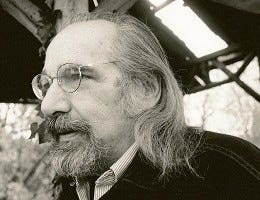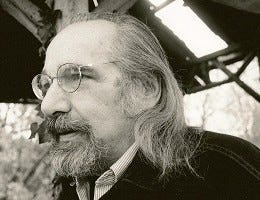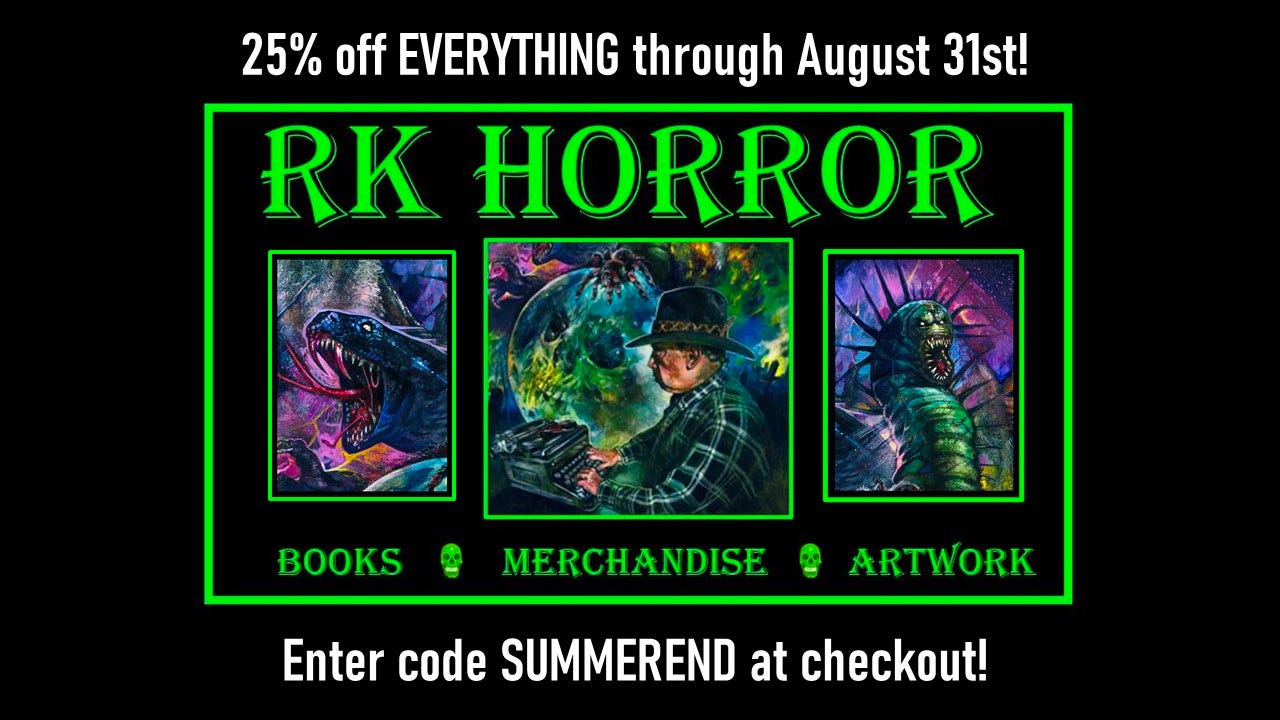Almost every writer I know, from beginner to professional, has come to the point where they were ready to throw in the towel. Just throw away (or delete for those who never kept a roll of stamps in a drawer and had a filing cabinet full of manuscripts, partial manuscripts, rejection letters, and scraps of paper with ideas for projects scrawled on them) every manuscript, every note, and every manuscript box (ah, for the good old days) and say, “Well, I gave it my best shot.” Then do something else.
Something not as demanding as writing.
And most of them came to the same decision that I did all those decades (suddenly, I’m feelin’ kinda old) ago. Let’s go back in time to a day when the closest thing we had to the internet was GEnie (it was an online service that ran from 1985 through the end of 1999. GEnie stood for General Electric Network for Information Exchange, and brothers and sisters, let me tell you, we were cool. Slow, but cool). A time when people mailed manuscripts to editors, then worked on new manuscripts while waiting for word via the US Mail on the previous manuscripts.
Yes children, The Dark Ages.
My writing career took off with a bang. I sold the first seven pieces I wrote. They were primarily essays and stories for Sunday School take-home papers, but they sold. For actual money. And I do remember thinking, this is easy. Then, I sold a couple of short stories (one to a pretty prestigious horror anthology) after only a rejection or two, and remember thinking, OK, that’s not so bad.
Then, I hit a wall. Like a firefly slamming into a mountain. BAM. Dead stop.
I suddenly started building a major collection of nothing but rejection letters. Dozens of them. I felt like I couldn’t sell a hundred dollar bill for two dollars. Then, I did what a lot of writers before me had done.
I stopped writing.
If they didn’t want what I had to offer, by golly, I’d show them. I just wouldn’t write anything else.
I’m pretty sure “they” didn’t notice.
But I did. It gnawed at me. Something was missing and I couldn’t put my finger on it. But I thought my decision to hang up my typewriter might have something to do with it. Maybe.
So, I called a friend. A pretty big deal friend, actually. I called Charles L. Grant. Through an odd series of events, we had met and become fast friends. Ultimately, he would be my friend and mentor for over 25 years. And while this was early in our friendship, Charlie Grant was simply himself no matter the situation. So, I called, and the phone conversation went something almost exactly like this:
Charlie: Hello
Me: Hey Charlie. It’s Thomas.
Charlie: Hey Thomas. What’s going on? Although whatever it is, be quick. I’m on deadline.
Me: OK. (pause) Here it is. (pause again) I haven’t written anything in six months.
Charlie: (silence)
Me: Are you there?
Charlie: Yeah.
Me: OK. I said, I haven’t written anything in six months. Nothing. Not a word.
Charlie: (silence)
Me: Charlie, I have pretty much quit writing. I haven’t written —
Charlie: Yeah, English is not my second language. I got it the first time.
Me: OK. Well … what do I do?
Charlie: Pick a side.
Me: Huh?
Charlie: Look, I’m gonna make this quick because, as I mentioned earlier, I’m on deadline. There are two kinds of people in this world. Readers, and writers. Pick one. and be the best you can be at it. If you pick reader, just know that there will be big words. So, look ‘em up. If you write, just remember that you’re not the only one submitting work. So pick a side. and if you pick reader, that’s OK. We’ll still be friends. Just do me a favor, and buy any of my books you don’t already have. Now look, like I said, I’m on deadline so I’ve gotta go.
CLICK.
Me: Um…ah…Charlie?
SILENCE
When I realize he had hung up and gone back to work, I finally put the phone receiver back in the cradle and just sat.
And thought.
And sat some more.
THE NEXT DAY
I dial the phone.
Charlie: Hello
Me: Hey Charlie, I—
Charlie: Before you get started, remember, I’m still on deadline. So answer one question for me.
Me: OK
Charlie: How many pages did you write last night after we got off the phone?
Me: Seven.
Charlie: You’re welcome.
CLICK.
That’s classic Charlie Grant. And the thing that he understood, and eventually taught me, is that writing is not about hand wringing, feeling sorry for yourself, asking everybody else’s opinion about what you should and shouldn’t do with your story (yes Twitter, I’m talking to you), and talking about writing more than you write. It’s about making the decision, then doing he work. Even when things get tough.
My name is Thomas Smith and this is Whistling Past The Graveyard; an occasional newsletter about what I’m working on, any books/writing projects coming out in the future, and anything else that strikes my fancy. And I’m honored to have you taking this walk with me.
If you haven’t read Ronald Kelly and his Southern Fried Horror tales, let’s remedy that situation. Just click the cool graphic below, and get ready for the ride of a lifetime. And if you’re quick, I think you’ll still be in time for his sale.
Well, that’s about it for this abbreviated issue. I’ll be back soon with more news about the DREAD anthology and other upcoming projects. And maybe a surprise or two.






I felt this down deep in my bones, Thomas. Thanks for this great essay. Charlie was a great guy -- I first met him at the 1990 World Horror Convention -- but he was plain-spoken and didn't waste words, both in his fiction and real life. His first words to me "I've read your stuff. You're pretty damn good. So why the hell are you writing for Zebra?" Folks these days don't realize what a true treasure to the horror genre he really was.